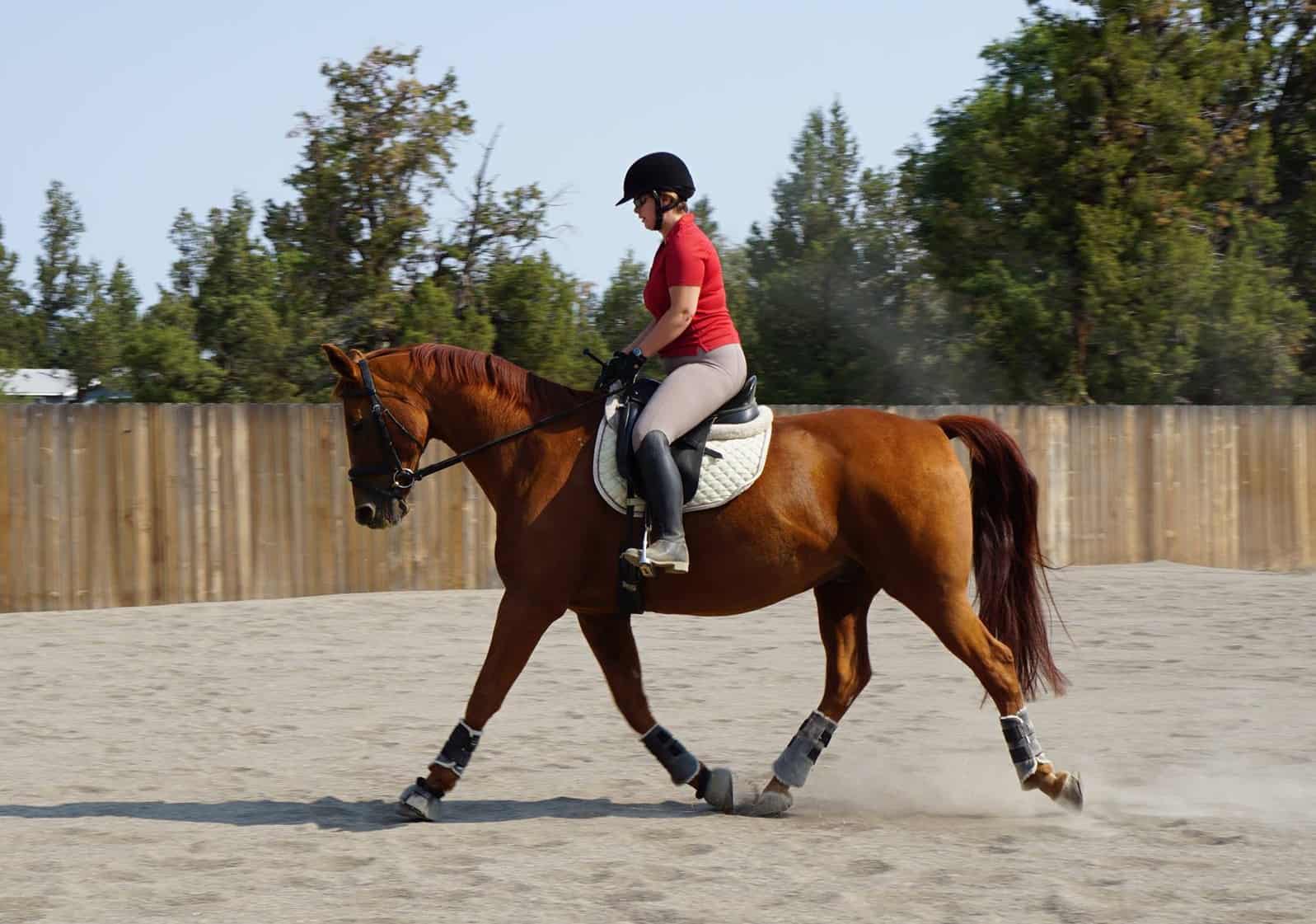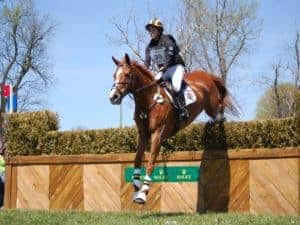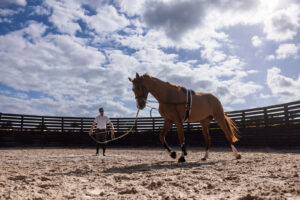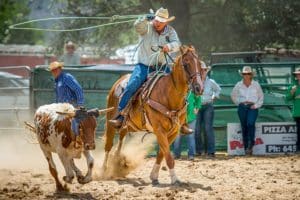Feed Horses Forage, But Not Grain, Before Work
- Topics: Feeding High-Performance Horses, Hay, Media, Nutrition, Nutrition Basics, Podcasts

Feeding your horse forage before a ride can help keep gastric acid from splashing around in the stomach. It depends on what you’re feeding your horse, grain-wise, but riding a horse right after a large meal can decrease performance, according to Dr. Jacobs.
This podcast is an excerpt from our Ask The Horse Live Q&A, ‘Myths and Misconceptions About Equine Nutrition.’ Listen to the full recording here.‚Äã
About the Expert:
Robert Jacobs

Robert Jacobs, MS, PhD, is the Equine Innovation Manager at Purina Animal Nutrition. Jacobs and his team conduct innovative research focused on nutrition for horses, including palatability and eating behavior, gastrointestinal physiology, microbiome studies, exercise physiology, and growth and development. They perform their studies at the equine unit of the Purina Animal Nutrition Center in Gray Summit, Missouri, a 300-acre facility home to more than 80 horses ranging in age from newborn to 30. Jacobs earned his BS and MS in Animal Sciences from the University of Florida and continued his studies, completing his PhD in equine reproductive physiology and nutrition at Virginia Polytechnic Institute and State University, where he investigated the role of omega-3 supplementation on the equine uterine environment and early pregnancy in obese, metabolically compromised horses. Research is a passion for Jacobs, but his favorite part of the day includes walking the pastures to check on the horses.

Related Articles
Stay on top of the most recent Horse Health news with

















